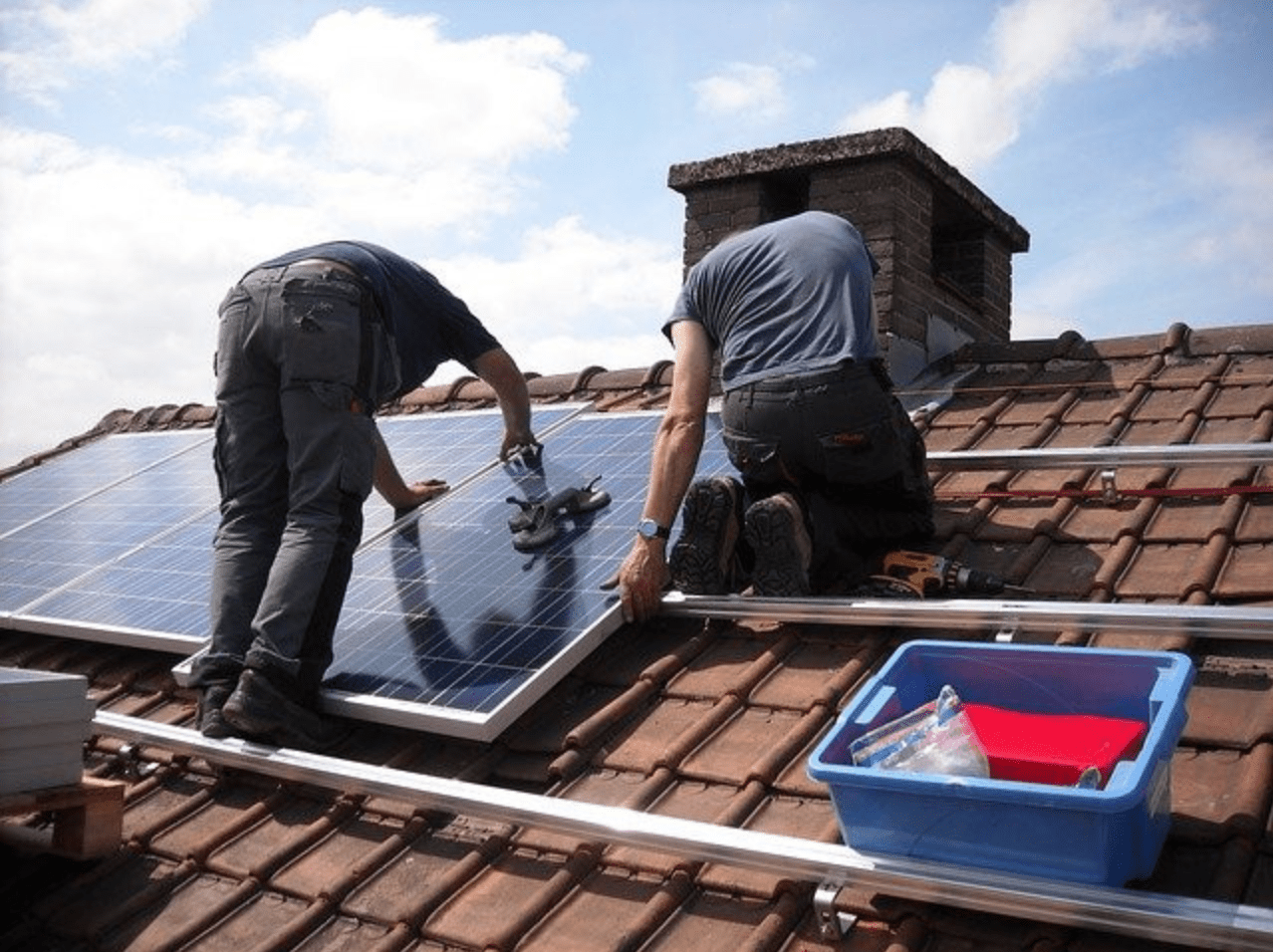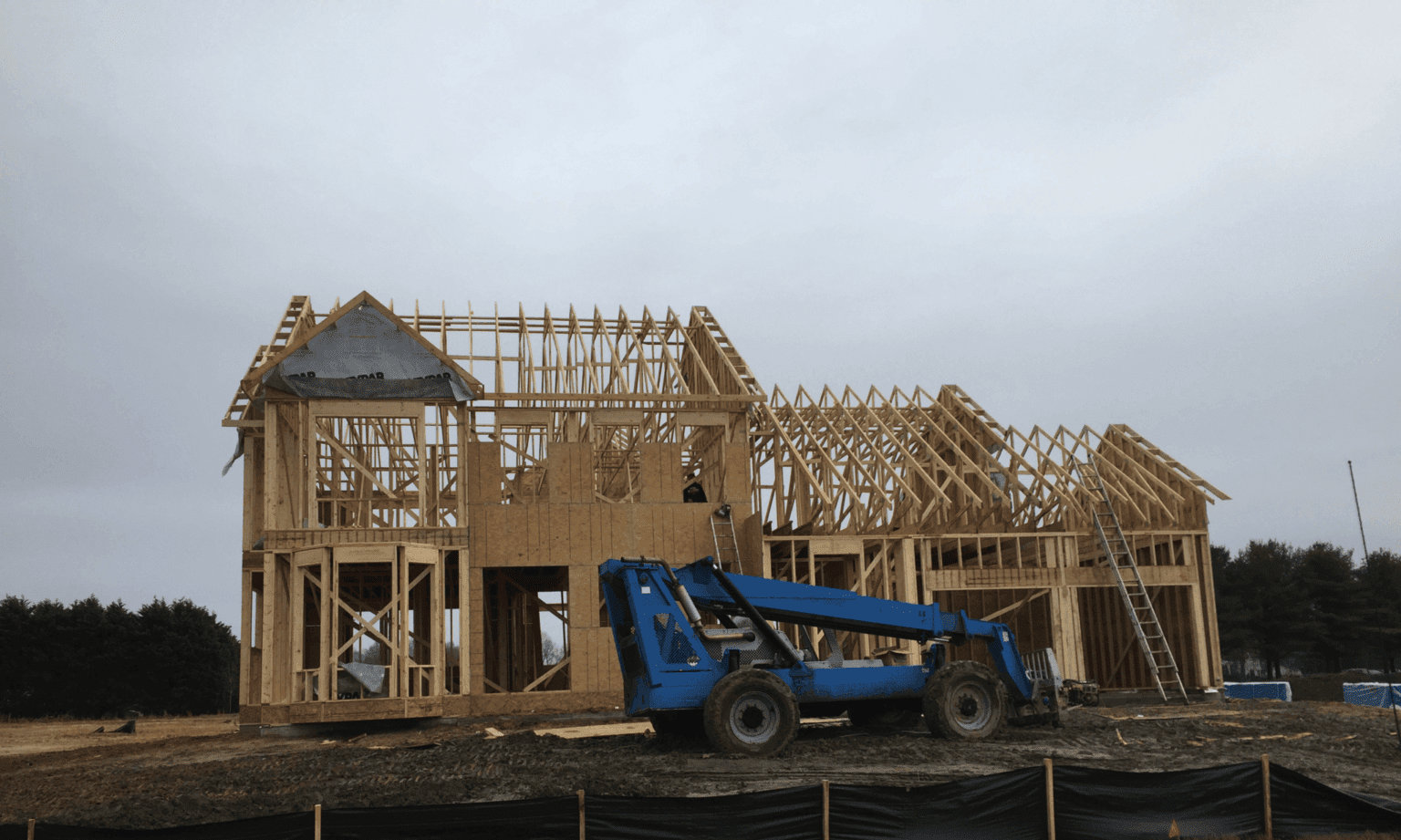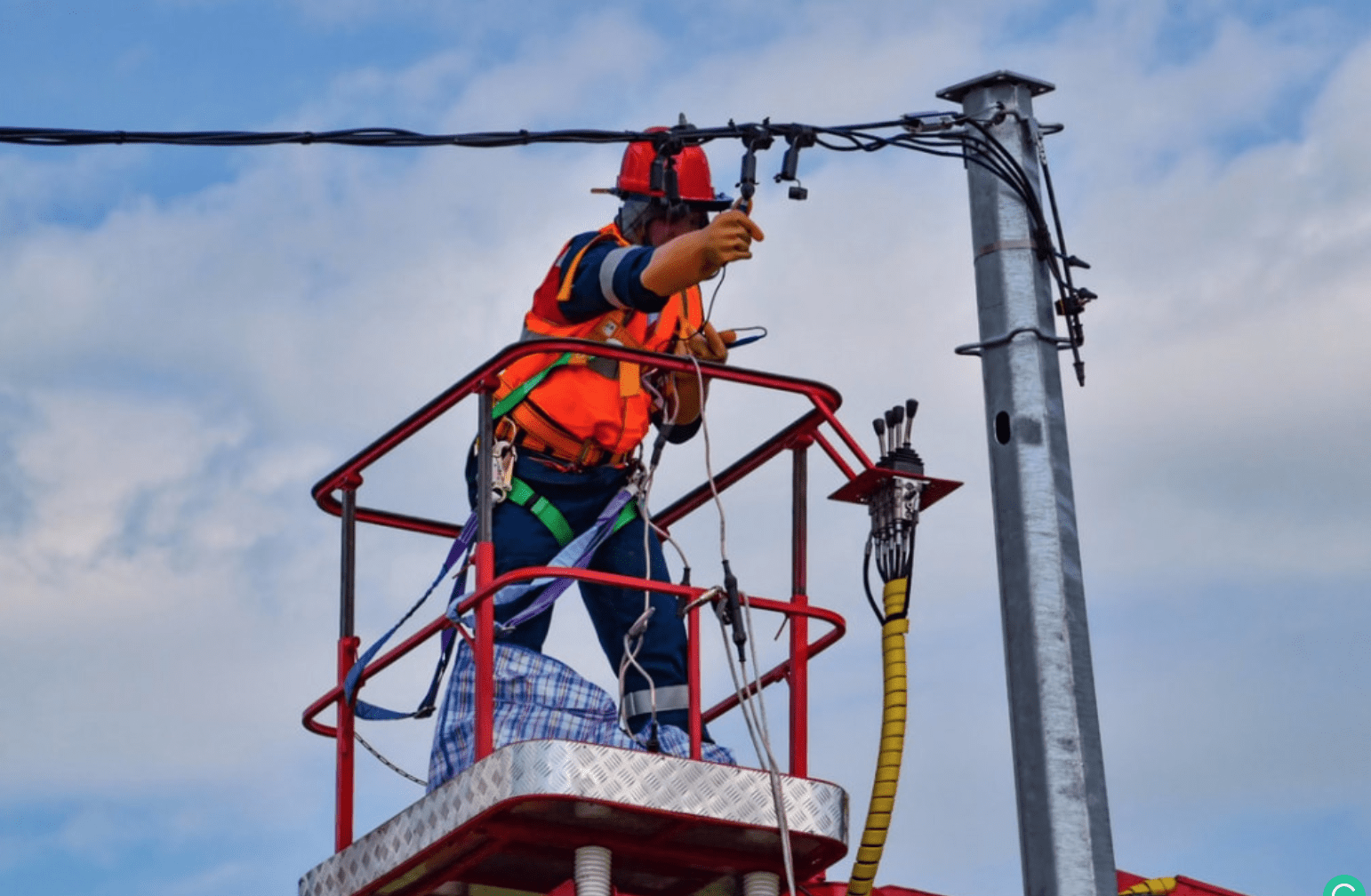As a homeowner, you are probably on the lookout to save money in any way you can. Powering houses with solar energy is considered by many environmentally friendly. And it can potentially save homeowners some money on their electric bills. But while the idea of solar energy may sound promising, it certainly isn’t for everyone. If you’re on the fence, you should first consider the advantages and disadvantages of solar energy for your home.
How Does Solar Energy Work?
Solar energy involves using the sun’s energy to turn it into electricity to power the things in your home. There are two major technologies involved with solar energy, with the most popular being photovoltaics (PV).
PV are the panels that you may have already seen appearing on the rooftops of your neighbor’s homes or even out in fields. A solar panel works by absorbing the sun’s rays and then harnessing that energy to create an electric field across the layers that allow electricity to flow.
The other type of solar energy technology is called concentrating solar power (CSP). This type of technology is not meant for residential use and is typically reserved for large power plants. Rather than panels, this type of technology uses mirrors to reflect sunlight in large concentrations onto receivers. These receivers collect solar energy and convert it into heat, which produces electricity.
Advantages of Solar Energy
Let’s start by going over the advantages of installing solar energy panels in your home.
Save Money
Implementing solar energy in your home can result in a reduction in your electric bills. This is because you are essentially creating your own electricity when you install solar energy into your home. Although it takes a while to recover the initial installation cost, these savings aren’t just temporary. The lifespan of solar panels tends to be around 25 to 30 years, which means you’ll be saving money for at least a couple of decades.
Increase the Value of Your Home
Installing solar panels can also help increase the value of your home. While installing solar panels can be pricey, you may earn back what you spent on the installation process and more when you eventually sell your home.
You May Earn Money
Believe it or not, solar panels can turn a profit on top of the potential savings and tax credits. This is thanks to the solar incentives available that allow you to earn bill credits as your system produces electricity. To put it simply, you are being compensated for the electricity that is being put out by your solar panels.
These incentives are called Solar Renewable Energy Certificates (SREC) and allow homeowners to earn money by selling certificates for energy to their utility company. Supply and demand constraints determine the value of an SREC. Technically, homeowners don’t sell the electricity but rather give the State the right to count that portion as theirs.
Reduce Carbon Emissions
Perhaps one of the best reasons to consider solar energy is that it minimizes carbon emissions while protecting the environment at the same time. This type of energy is clean and renewable and reduces the impact that we have on the environment.
Solar energy does not lead directly to pollutants, unlike coal and oil, and doesn’t directly pollute the atmosphere or the water supply. Solar energy may also be beneficial because it’s helping the United States transition away from relying on fossil fuels, which is a cost-effective way to reduce our carbon dioxide output.
Sense of Control
Finally, solar energy can give owners a sense of control over their rising electric bills. Over the past decade, the cost of electricity has risen 15% and continues to do so. Unfortunately, there isn’t much you can do to control the rise of your electric bill, that is, unless you switch to solar energy.
Disadvantages of Solar Energy
Like with most things, solar energy is certainly not perfect and not suitable for everyone.
It Doesn’t Work With Some Roofs
Solar panels may not work for every type of roof. This is particularly true for older homes that use slate or cedar tiles that make it difficult for solar installers to connect the mounting system needed to install solar panels. Not only that, but other homes or apartment buildings may have roof decks or skylights that can become a costly and difficult barrier when installing solar panels.
The roof orientation and angle also impact how much energy you can generate. You are better off with a south-facing roof. Solar companies consider your roof angle ideal if it equals the latitude of the location of the panels.
===> You may be also interested in figuring out if it is worth getting a home generator.
Hefty Installation Costs
Implementing solar energy into your home doesn’t come cheap. While there are financing options, oftentimes, homeowners can expect to put down a hefty deposit for a new solar panel system. The total cost should be determined after using tax credits, rebates, and the financing option you decide on.
According to Consumer Affairs, on average installed solar panels cost about $12,000 in the United States after federal tax incentives. Smaller systems cost around $5,000, while a sophisticated system can cost $40,000 or more.
Clearly, not everyone can afford solar panels. But the good news is that most states have loan programs and leases that can make the process a bit more manageable.
Not Beneficial if You Use Little Energy
Solar panels are really only beneficial to people who use large amounts of electricity in their homes. If your electric bill is already pretty low, to begin with, then the savings you’ll get from installing solar panels probably won’t be very much.
It Takes Time to Amortize the Initial Cost
Another thing to consider before installing solar panels is the possibility that you may move out soon. It takes about seven and a half years to reach the break-even point of installing solar panels and if you’re not planning on staying in your home for that long, it may not be worth it for you to spend the money on the installation.
Making the Switch Can Be Stressful
One of the many concerns people have with having solar panels installed is that the process can be quite stressful, from start to finish.
First, you have to start by finding quality local installers who won’t try to overcharge you for the job. Unfortunately, many solar panel salesmen tend to be rather pushy and are only looking to pressure potential clients into signing a 20-year contract before they can even begin to understand what’s going on.
The more and more popular solar panels get, the more aggressive these salespeople will become to try and convince you to do business with them. The best thing to do in this situation is compare quotes between different local companies and determine which company is the right one for you to work with.
Is Solar Worth It? My Experience After Two Years Owning Solar Panels
In this helpful video, a homeowner from New Jersey goes over his experience with solar panels after two years. The initial cost was a hefty $40,140. He also decided to finance it over 25 years at 6%. Despite all that, his conclusion is that he will end up saving money in the long run.
However, he notes that he would lose money without the Solar Renewable Energy Certificates (SREC). As mentioned, SRECs are an incentive that allows homeowners to earn money by selling certificates for energy to their utility company.
Related Posts:




